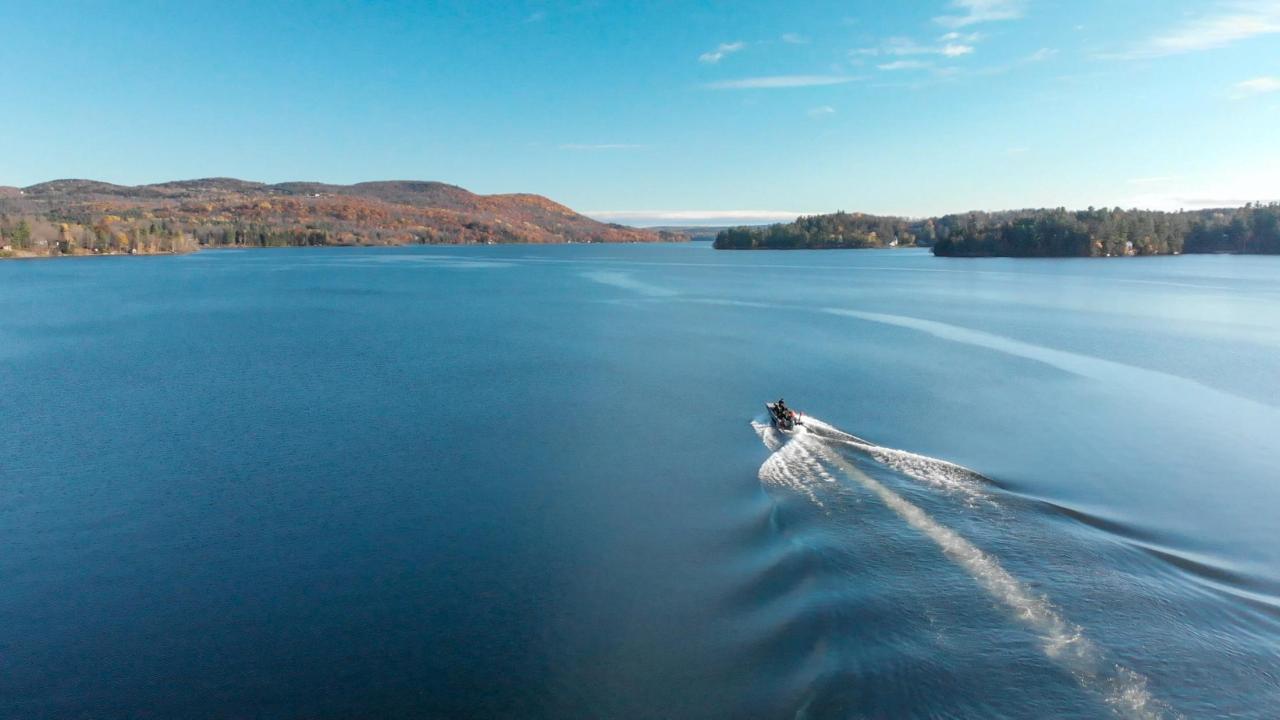
Event Date
Learning from other lakes can be helpful for both the prevention and management of Aquatic Invasive Species. Visiting researcher Dr. Philippe-David Blanchette, political scientist and professor at Sherbrooke University, will present on the efforts to prevent, assess and control zebra mussels invasion of Lake Massawippi in eastern Canada. Because of a detection protocol that allowed a very early detection, the Massawippi is now a case study that will define the fight against invasive species in North America. Inspired by the example of Lake George (NY) who was able to control the invasion of zebra mussel, a team of scientists, divers and volunteers are engage in an intervention that will answer important questions for the future. Does a detection protocol can allow the eradication of an invasive species? Can we benefit from new technologies, the experience of others and the collaboration of the scientific community to win the fight? This is the questions that the case of the Massawippi will help answer. By learning about the efforts of other lakes around the world, we can improve our success here at Lake Tahoe.
Doctor Philippe-David Blanchette is a political scientist that’s been teaching in the field of environment for more than 15 years at Sherbrooke University. His profound link to nature has him involved in many environmental organizations in his region. Since October 2021, he is leading the effort to assess and control the introduction of zebra mussels in Lake Massawippi. He is the founder of Blue Massawippi’s scientific diving program that is now leading the way in the intervention on aquatic invasive species in the region. He also is co-director of the Regional Council of the Environment for Eastern Township where he is leading the regional table on invasive species.
